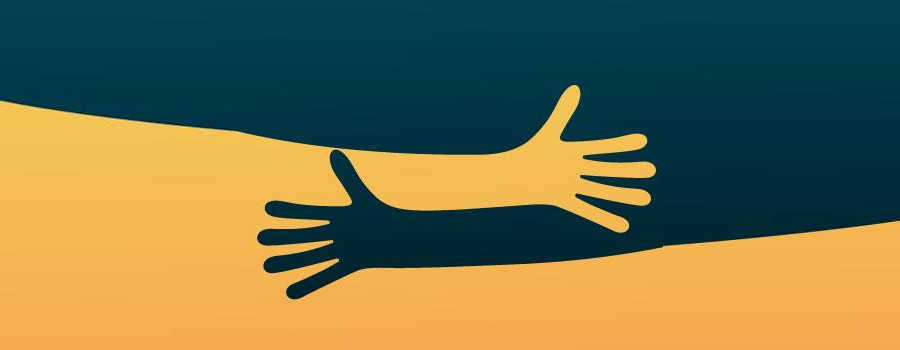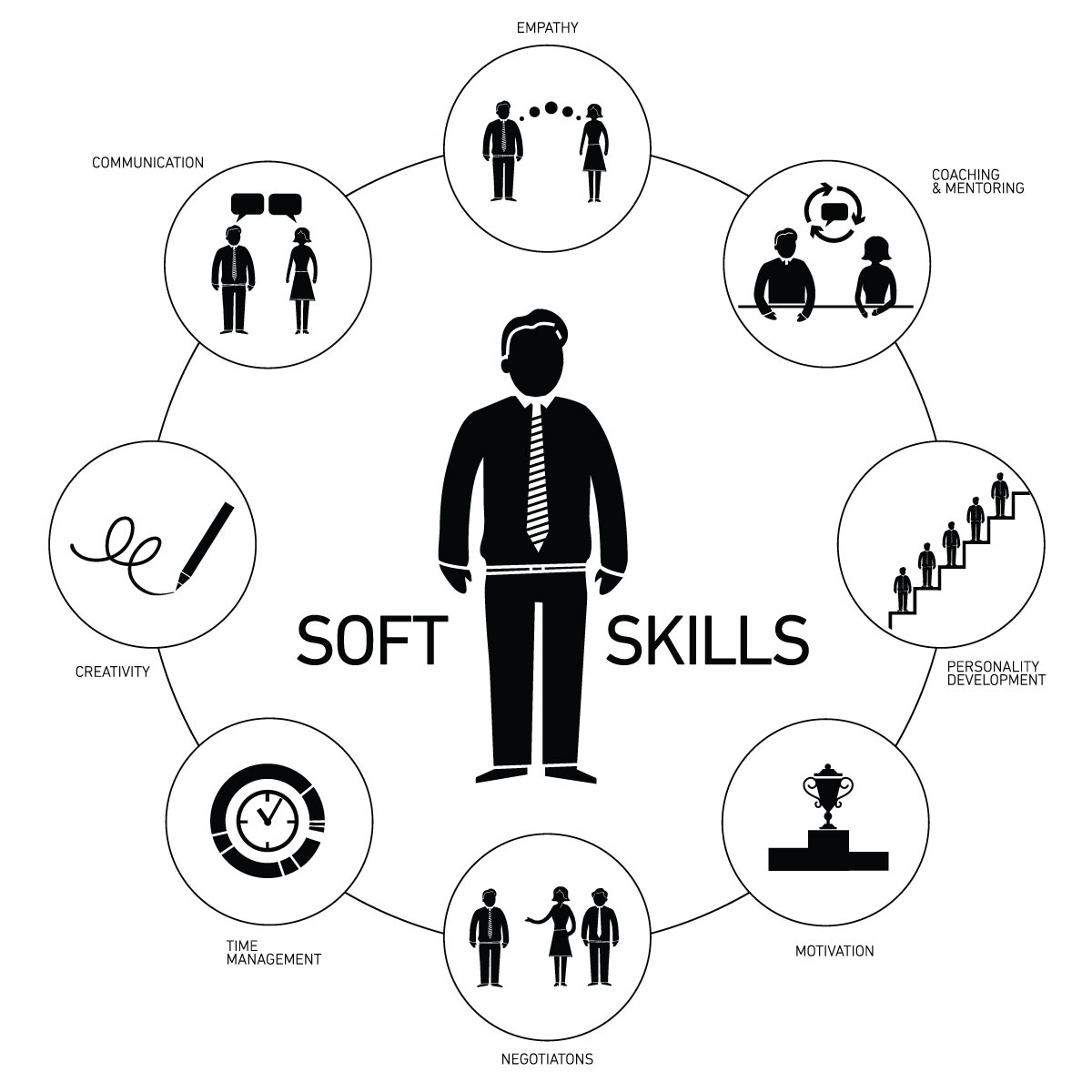Undoubtedly, we all live in uncertain times. Pandemic and its varied challenges made it amply clear that uncertainty is a constant companion of our life world. The newspaper headlines tell us about economic instability, climate change, political strife and its implications. Uncertainty has been and will continue to be a part of our life. We yearn for the good old times of pre-Covid. Ah! To be free to meet our friends, be out in the open gardens, hold our loved ones closely to us, and enjoy our freedom. In other words, the choice/s we have to manage and control our environment. Familiarity with our daily routine is essential for our health and well-being.
The previously set ways of thinking and behaving are known to us; hence, we find comfort in them. The continuity between the past and the future brings stability to our lives, but at the same time, as some might say, it sets a monotonous tone. On the other hand, while changes are scary in nature, they make us think differently, challenge our actions, and bring newness and adventure. In short, change and some amount of uncertainty makes us feel alive and kicking.
Hence, how do we plan and map our path through uncharted waters? For example, transitioning from school to college or, in other words, from being an adolescent to becoming a young adult may make you feel excited yet frightened and scared. The heady mixture of wanting to go forward towards the uncertainty that possibly invites and repels you too! So do you leave the confines of your comfort and the familiar? Or retreat into your shell and close your eyes and ear to the cacophony of noise hammering in your mind!
I, too, have been in such situations where I have had to submit to the guarantees of what I had and become accustomed to. I left home at the age of 5 to join a hostel in the hills and learned to not give in to tears when I left home for boarding. Who I am today is possibly because I had to give up the security of a mother’s lap, taking up the new opportunities that came my way. Each step required strength and resolve. Yes, I did waver often, felt tired, alone and lost. Yet, life taught me to accept the uncertainties that come up in life and attempt to turn some of them into personal growth, confidence and a transformation.
We can succeed in our work, relationships, career, and in life when we push the envelope bit by bit to open up new horizons. When we willingly attempt to hug the unknown and try to be open to the new experiences that come our way. Risk-taking, within limits, means pushing yourself to achieve new heights. From this perspective, the uncertainties are a vital part of exploring ourselves and the social environment in which we are embedded.
Rather than resisting the uncertainties, let us draw upon the following inputs to sustain ourselves.
Uncertainty is a part of our life. We cannot control everything. At times we have to just let go. Let us ease ourselves into slowly and gradually accepting that uncertainty is and will be a part of our life. If we panic all is likely to be lost. Let us take a deep breath. Accept that we will lose some battles and win others. Life need not be perfect.
Try to accept the overwhelming emotions of anger, frustration, disgust, fear, anxiety, grief, and loss. Each emotion, negative or positive, plays a vital role. Our feelings convey a message that all is not well! If emotions are acknowledged and felt, they will motivate us to take the necessary steps to accept the situation and the accompanying thoughts and feelings. Please take the message from your emotion and not shoot the messenger!
Take a reality check. Does the issue or situation call for alarm? Are you possibly overreacting? Or can you take a step back and objectively try to reassess the issue/situation? Perhaps something can be done and salvaged? If we let our feelings overtake us, then our thinking too gets disturbed. Fear and anxiety impact the way we think. Recall when you have been angry and you have been unable to express your thoughts. You are so angry that you may stammer or even say things you later regret.
Focus on what you can accomplish and succeed. Instead of overthinking about issues that you cannot manage or attain, recognise your limitations, particularly during times of stress and strain. Attempt new challenges, or push the envelope when you have identified and understood your strengths and limitations. Self-awareness is the key to success. Hence, tread softly and take firm steps towards self-knowledge.
Finally, uncertainty can bring disappointment. Students across the globe could not attend university and missed out on the experience of friends, excitement, and learning. Of having to stay at home, the inability to go abroad for further studies, your plans for the future were at a standstill. At such times give yourself the space to contemplate as to what this means to you. Talk to people you trust and who will help you unravel fear, anxiety and angst. The more you share and discuss your thoughts and feelings will untangle to provide a deeper understanding of your issue/situation.
Throughout our lives, we must reflect upon whether we are letting the fear of uncertainty grip us. Do not be afraid to fall, for we often judge ourselves for falling down, or are we allowing ourselves the bandwidth to grow and move forward ourselves a failure. Remember falling down and not getting up is more likely to be a failure. If you fall, get up, dust yourself and stand up, albeit a little shakily. This act will lead us toward the path of accomplishment and success.



 Adopt a Furry friend, don’t know about you but, my dog Raja was one of my strengths during my tough times, fostering him and getting greeted by him with those extra cuddles was so therapeutic.
Adopt a Furry friend, don’t know about you but, my dog Raja was one of my strengths during my tough times, fostering him and getting greeted by him with those extra cuddles was so therapeutic.










